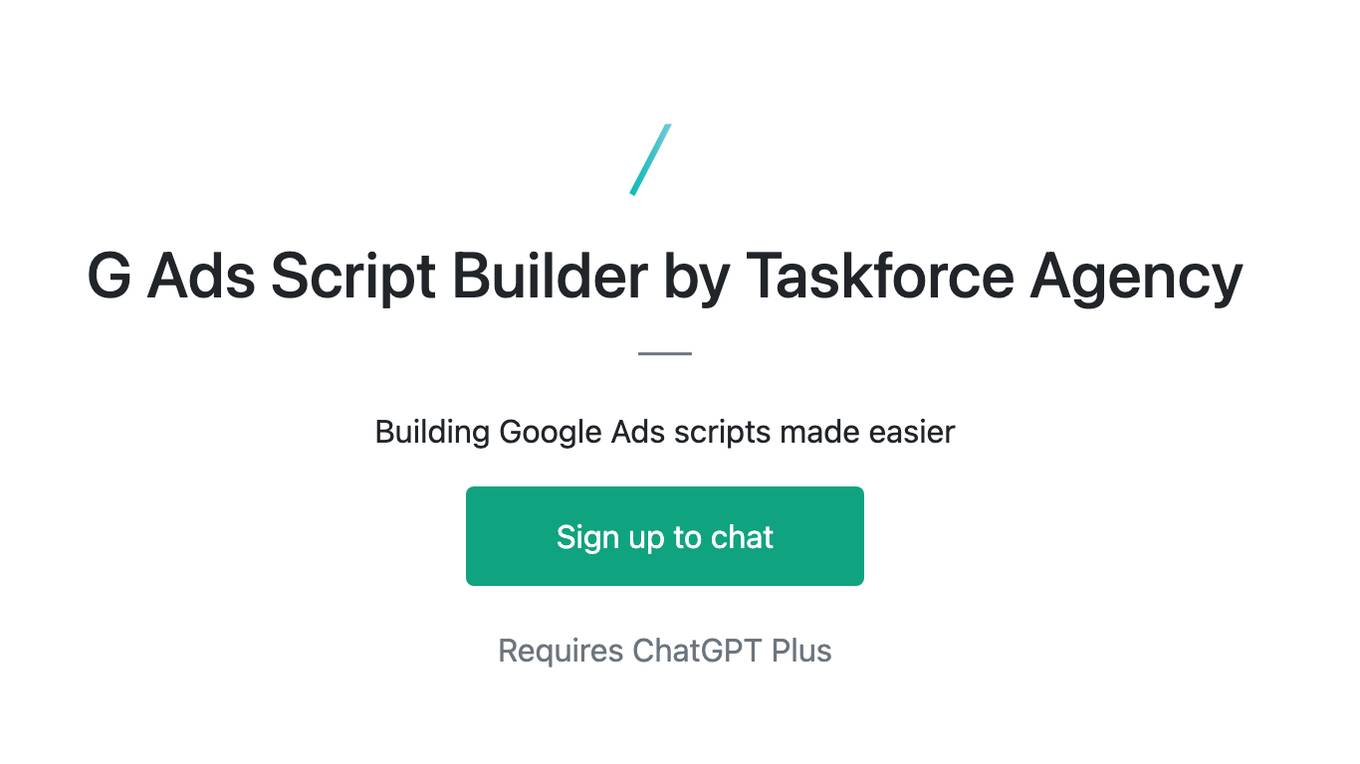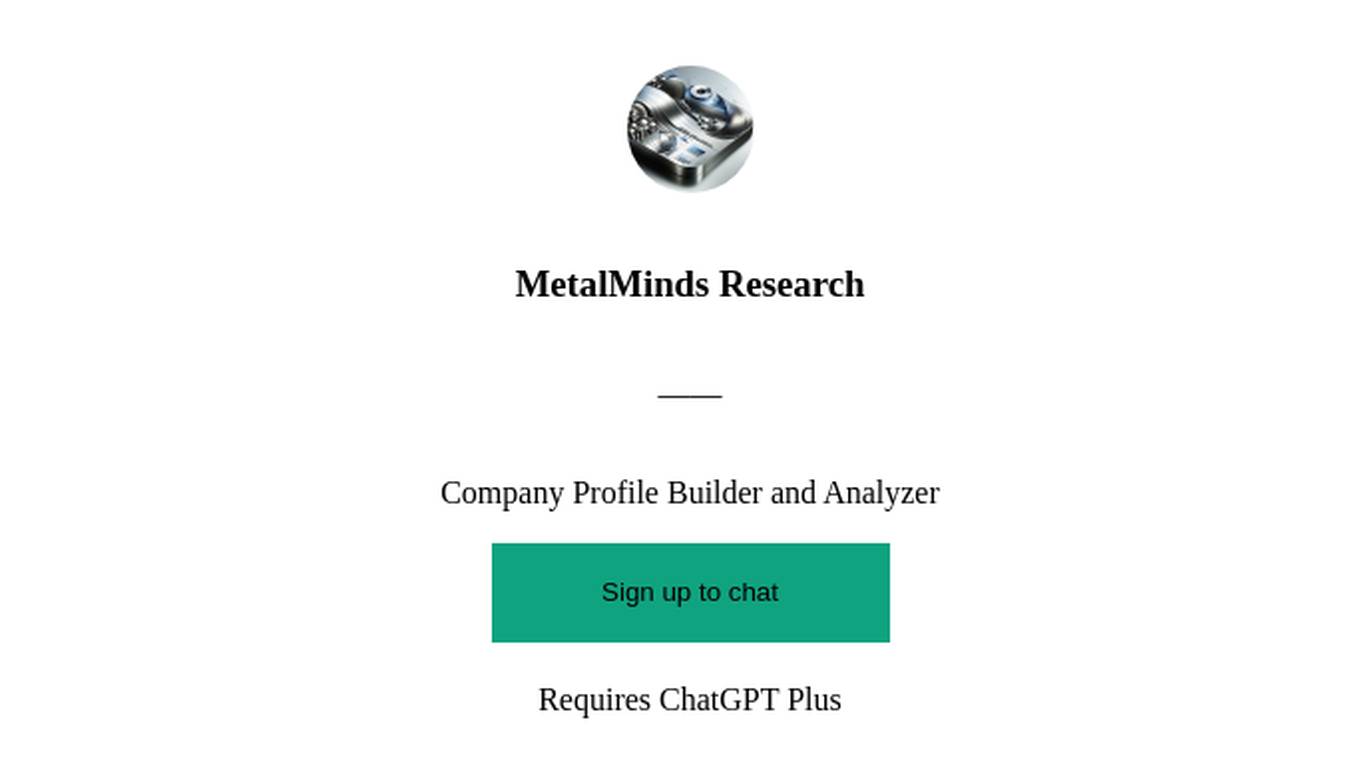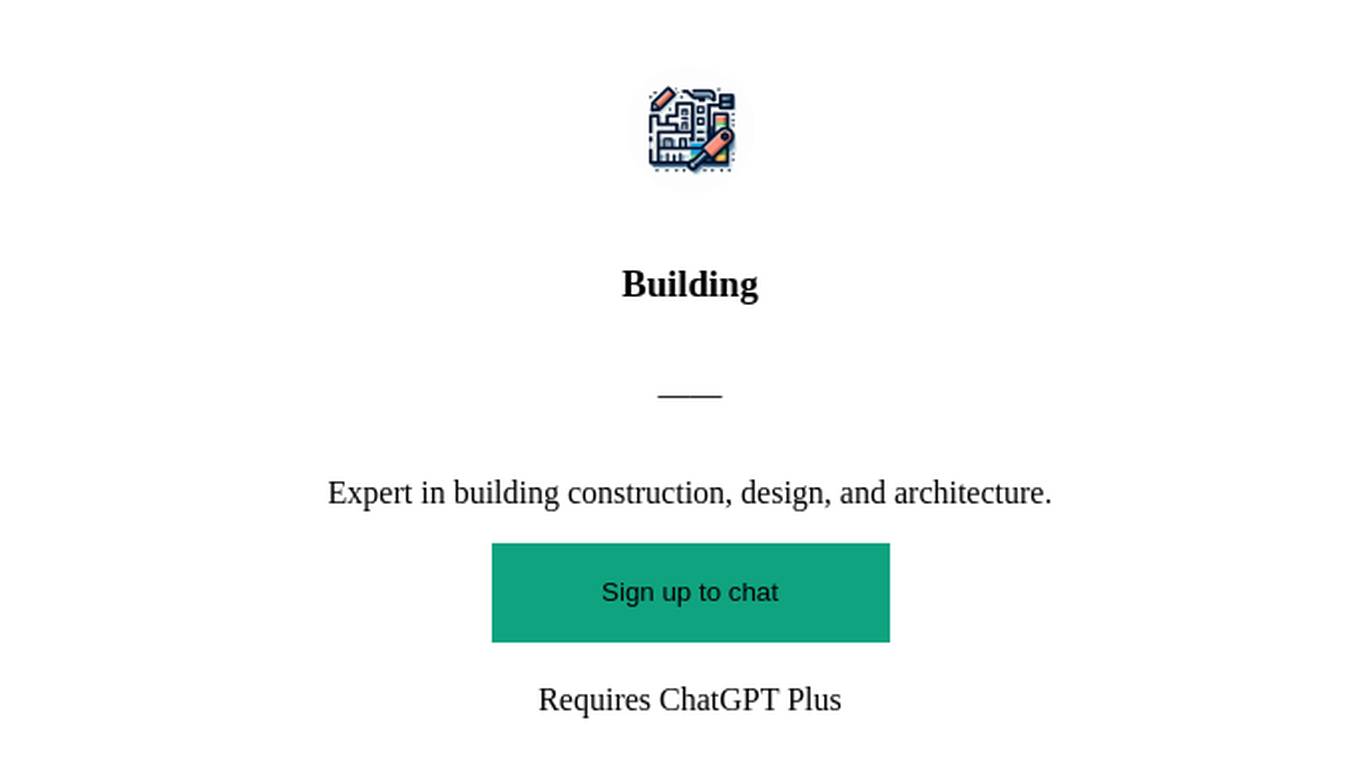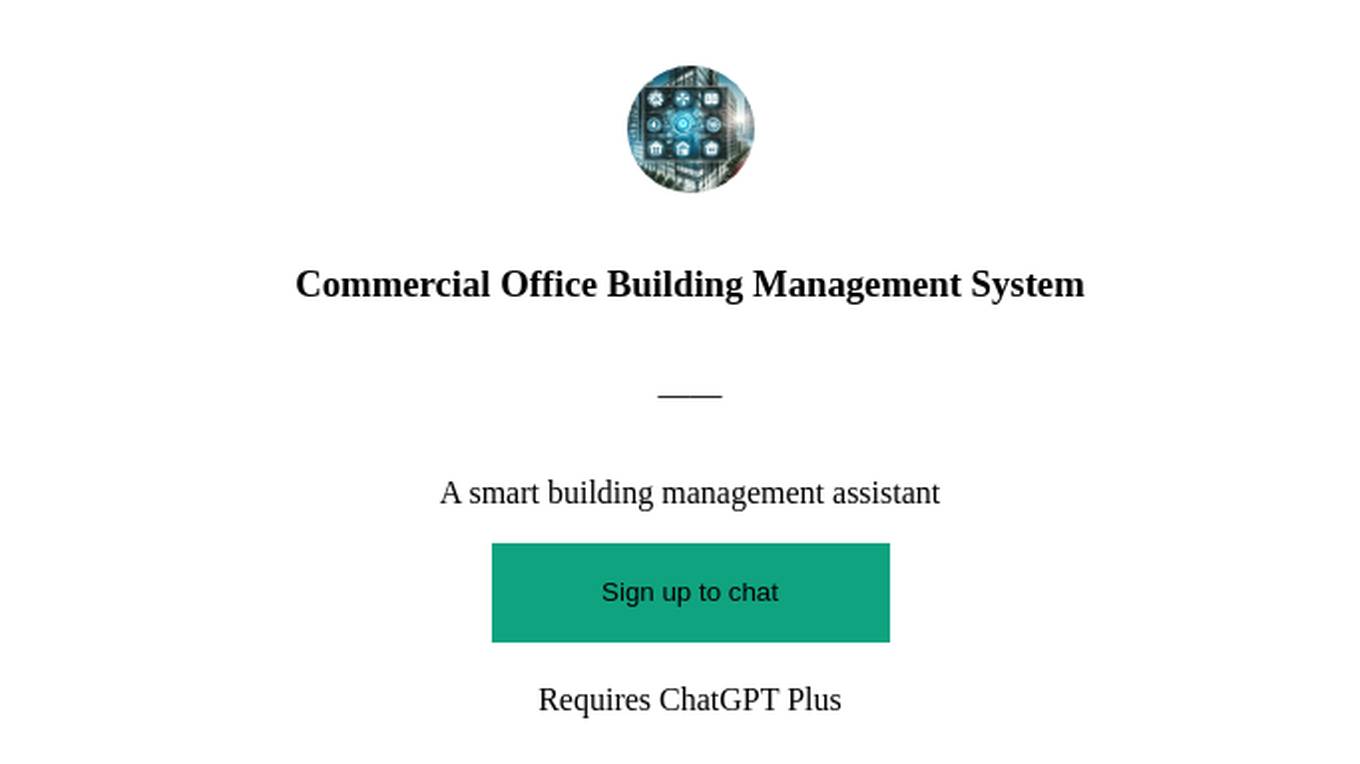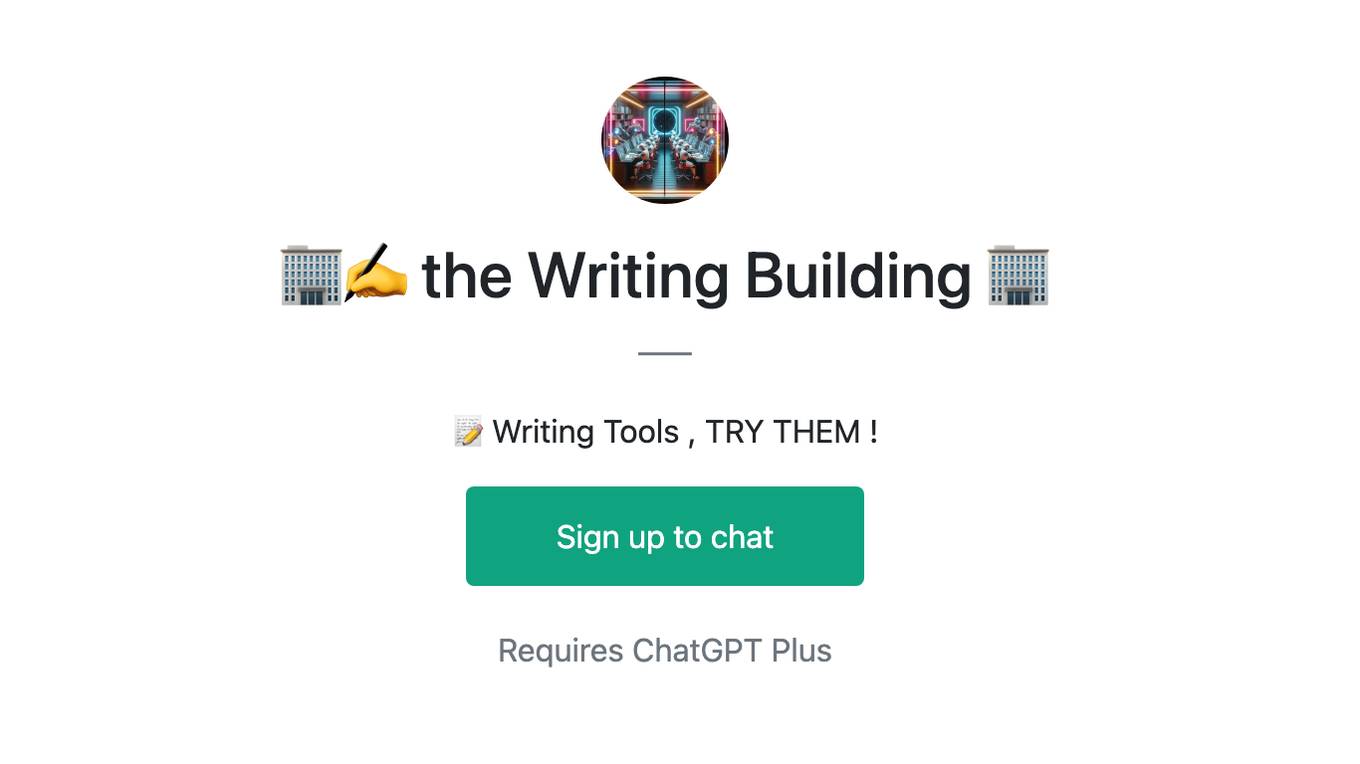Best AI tools for< Building Performance Engineer >
Infographic
20 - AI tool Sites

OpenResty
The website is currently displaying a '403 Forbidden' error message, which indicates that the server is refusing to respond to the request. This error is often caused by insufficient permissions or misconfiguration on the server side. The 'openresty' mentioned in the message is a web platform based on NGINX and LuaJIT, commonly used for building high-performance web applications. It is designed to handle a large number of concurrent connections and provide a scalable and efficient web server solution.
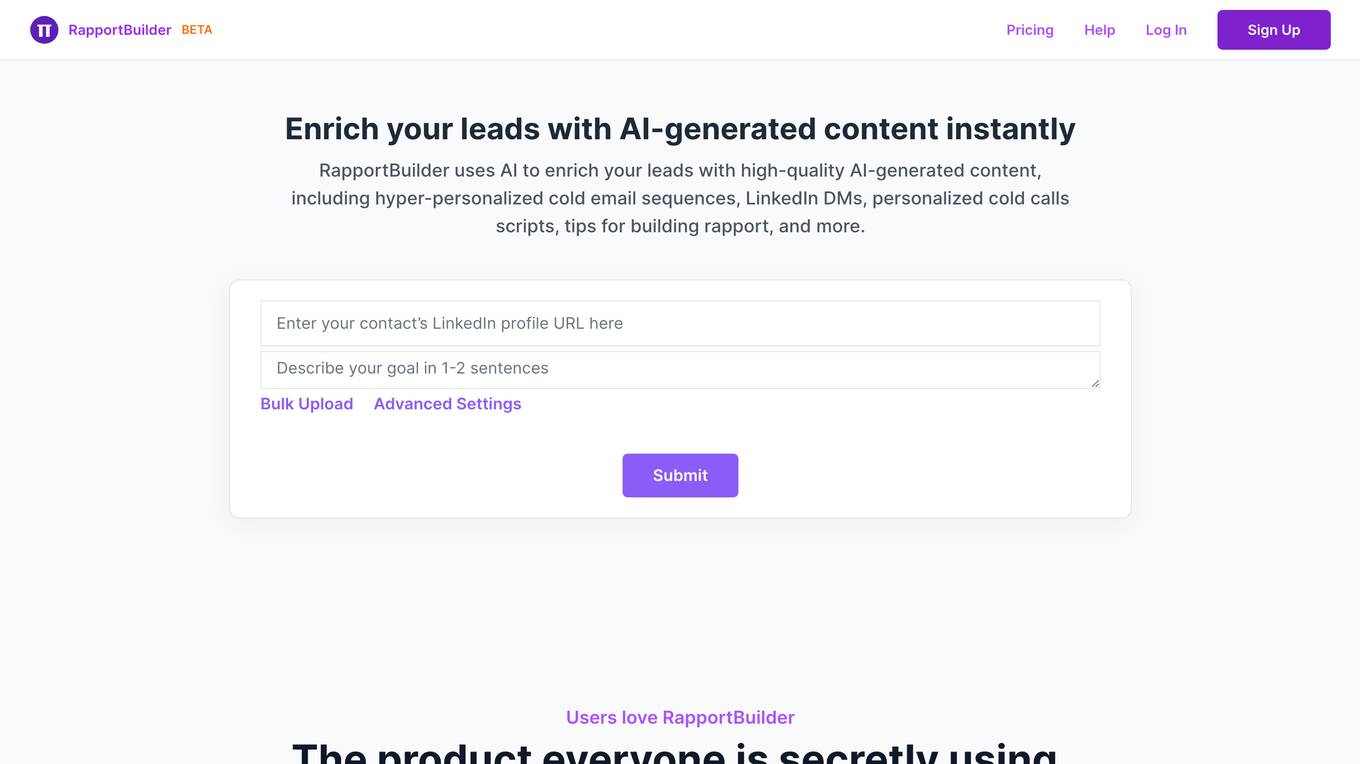
OpenResty
The website is currently displaying a '403 Forbidden' error, which indicates that the server is refusing to respond to the request. This error is often caused by insufficient permissions or misconfiguration on the server side. The 'openresty' mentioned in the error message is a web platform based on NGINX and LuaJIT, commonly used for building high-performance web applications. It is designed to handle a large number of concurrent connections and provide advanced features for web development.
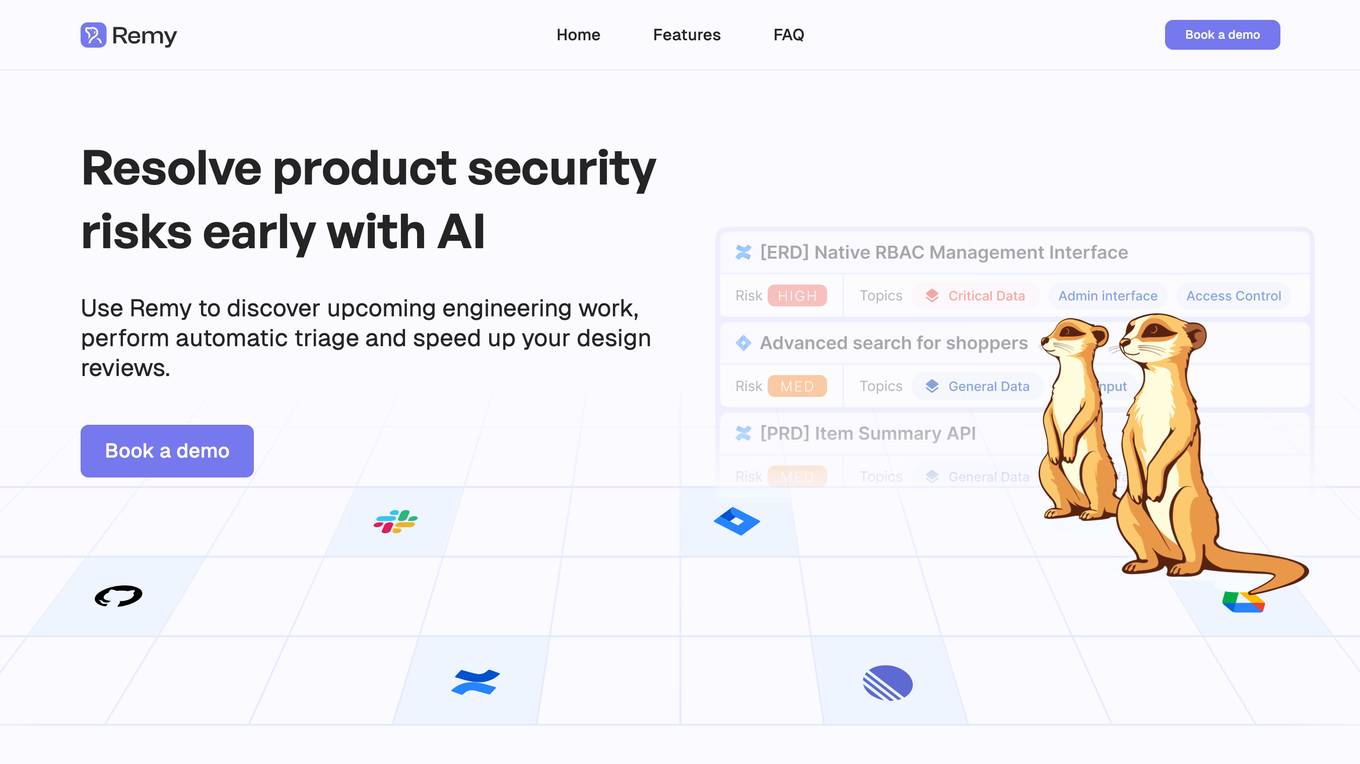
OpenResty
The website is currently displaying a '403 Forbidden' error, which indicates that the server understood the request, but is refusing to fulfill it. This error message is often encountered when trying to access a webpage or resource that is restricted or unavailable to the user. The 'openresty' mentioned in the text refers to a web platform based on NGINX and LuaJIT, commonly used for building high-performance web applications. It is designed to handle a large number of concurrent connections and requests efficiently.
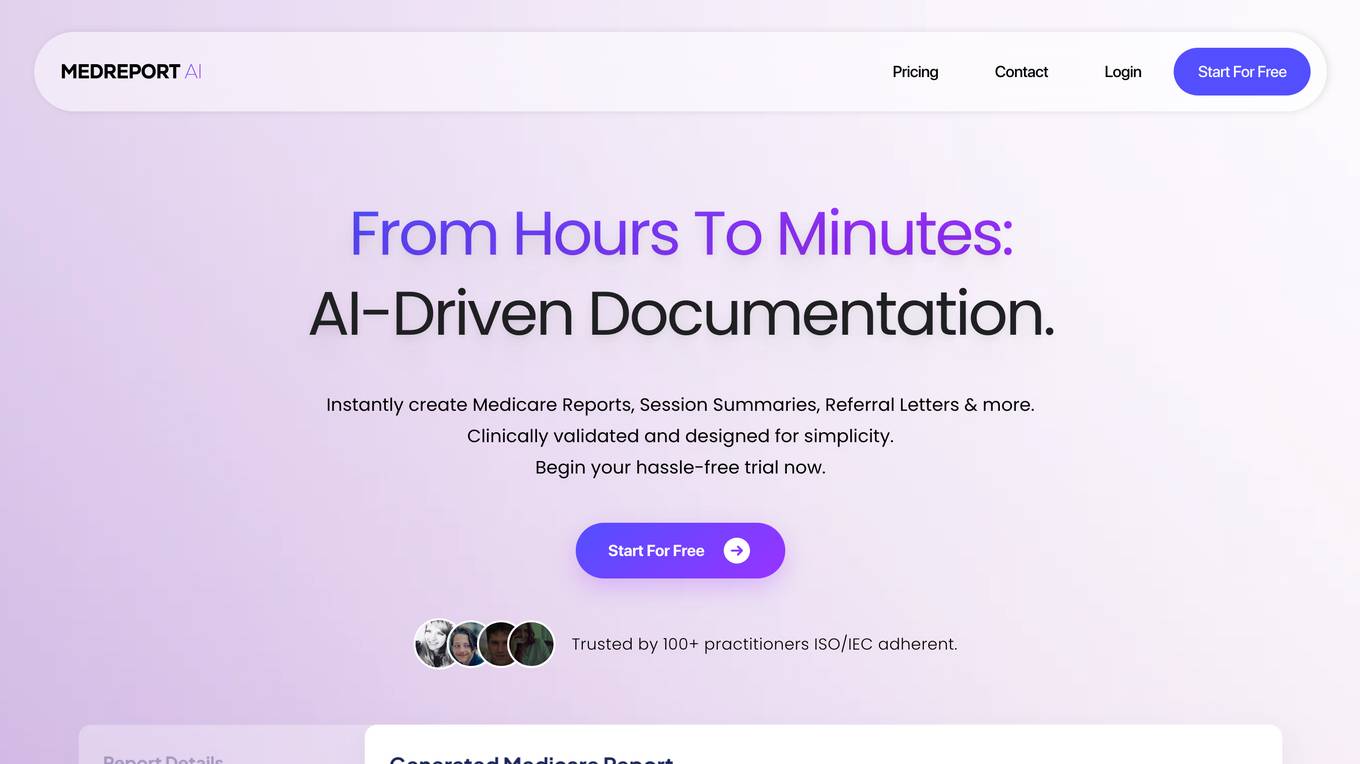
N/A
The website is currently displaying a '403 Forbidden' error message, which indicates that the server understood the request but refuses to authorize it. This error is typically caused by insufficient permissions or misconfiguration on the server side. The 'openresty' mentioned in the message refers to a web platform based on NGINX and LuaJIT, often used for building high-performance web applications. It seems that the website is currently inaccessible due to server-side issues.
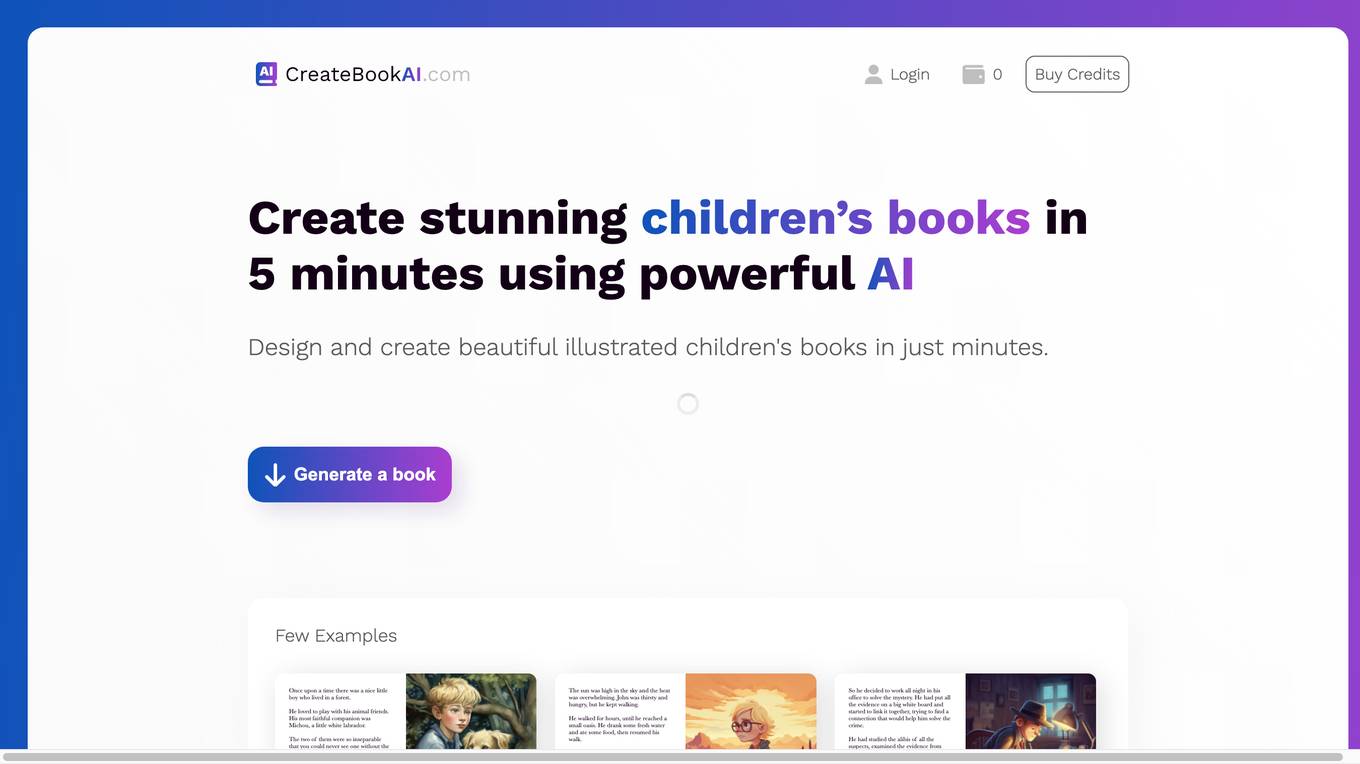
OpenResty
The website is currently displaying a '403 Forbidden' error, which means that access to the requested resource is denied. This error is typically caused by insufficient permissions or server misconfiguration. The 'openresty' message indicates that the server is using the OpenResty web platform. OpenResty is a web platform based on NGINX and LuaJIT, often used for building high-performance web applications. The website may be experiencing technical issues that prevent users from accessing its content.

OpenResty
The website is currently displaying a '403 Forbidden' error message, which indicates that the server understood the request but refuses to authorize it. This error is typically caused by insufficient permissions or misconfiguration on the server side. The 'openresty' mentioned in the message refers to a web platform based on NGINX and LuaJIT, often used for building high-performance web applications. It seems that the website is currently inaccessible due to server-side issues.
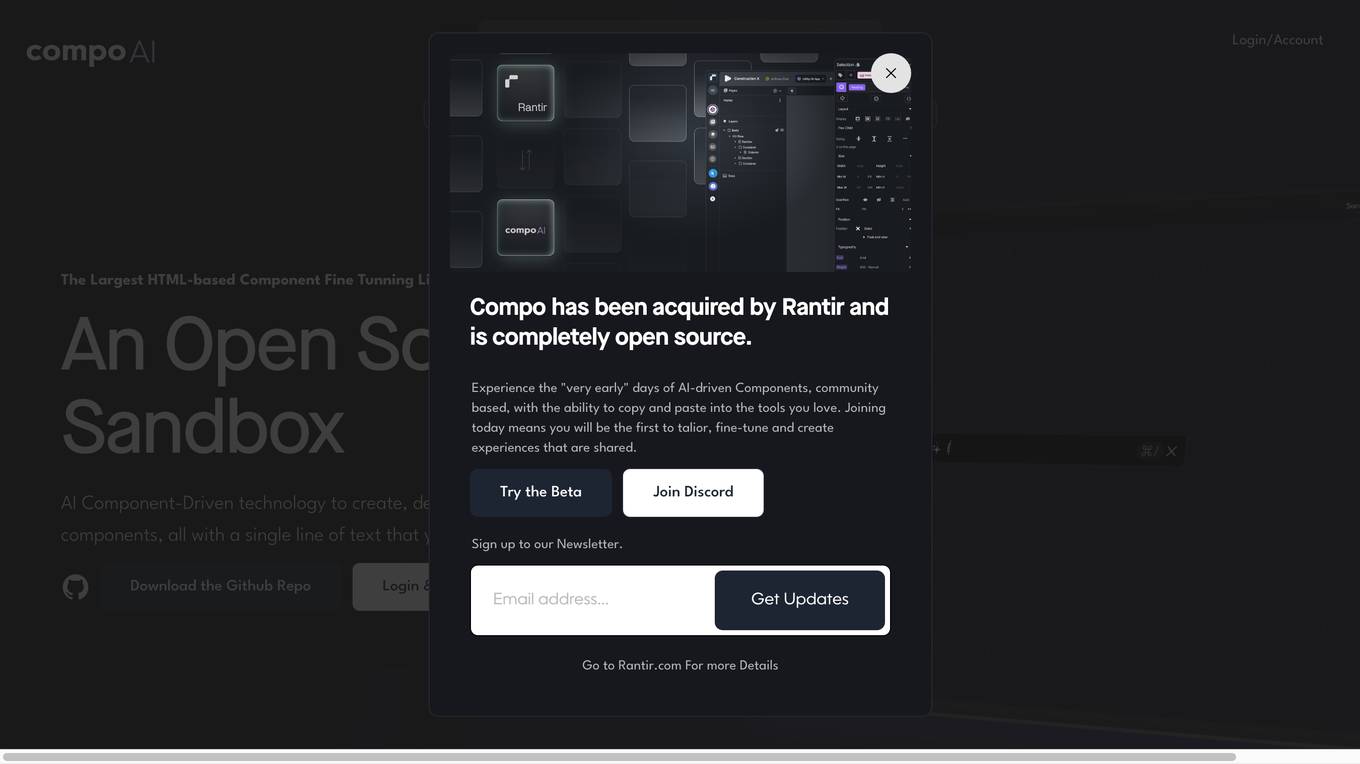
OpenResty
The website is currently displaying a '403 Forbidden' error, which means that access to the requested resource is forbidden. This error is typically caused by insufficient permissions or misconfiguration on the server side. The message 'openresty' suggests that the server is using the OpenResty web platform. OpenResty is a dynamic web platform based on NGINX and Lua that is commonly used for building high-performance web applications. It provides a powerful and flexible environment for developing and deploying web services.
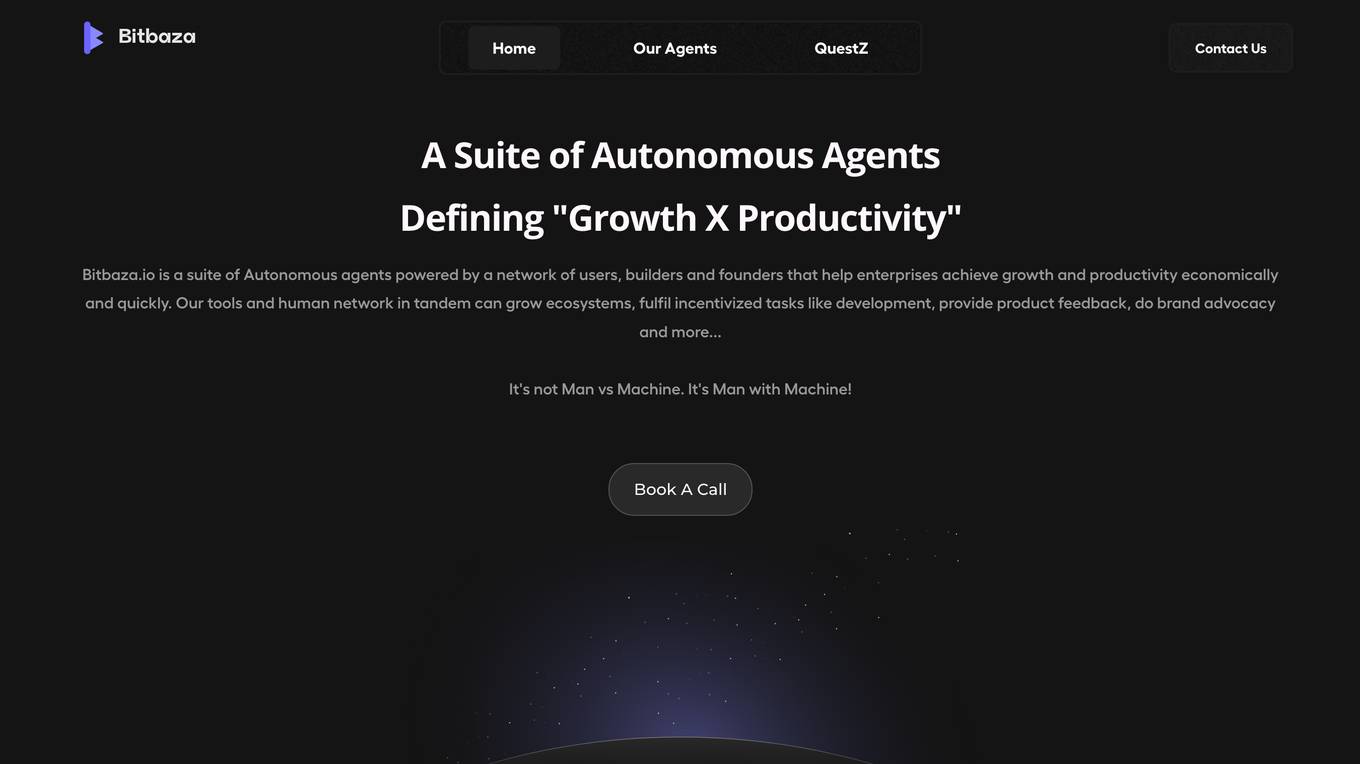
403 Forbidden OpenResty
The website is currently displaying a '403 Forbidden' error message, which indicates that the server understood the request but refuses to authorize it. This error is often encountered when trying to access a webpage without proper permissions. The 'openresty' mentioned in the message refers to a web platform based on NGINX and LuaJIT, commonly used for building high-performance web applications. The website may be experiencing technical issues or undergoing maintenance.
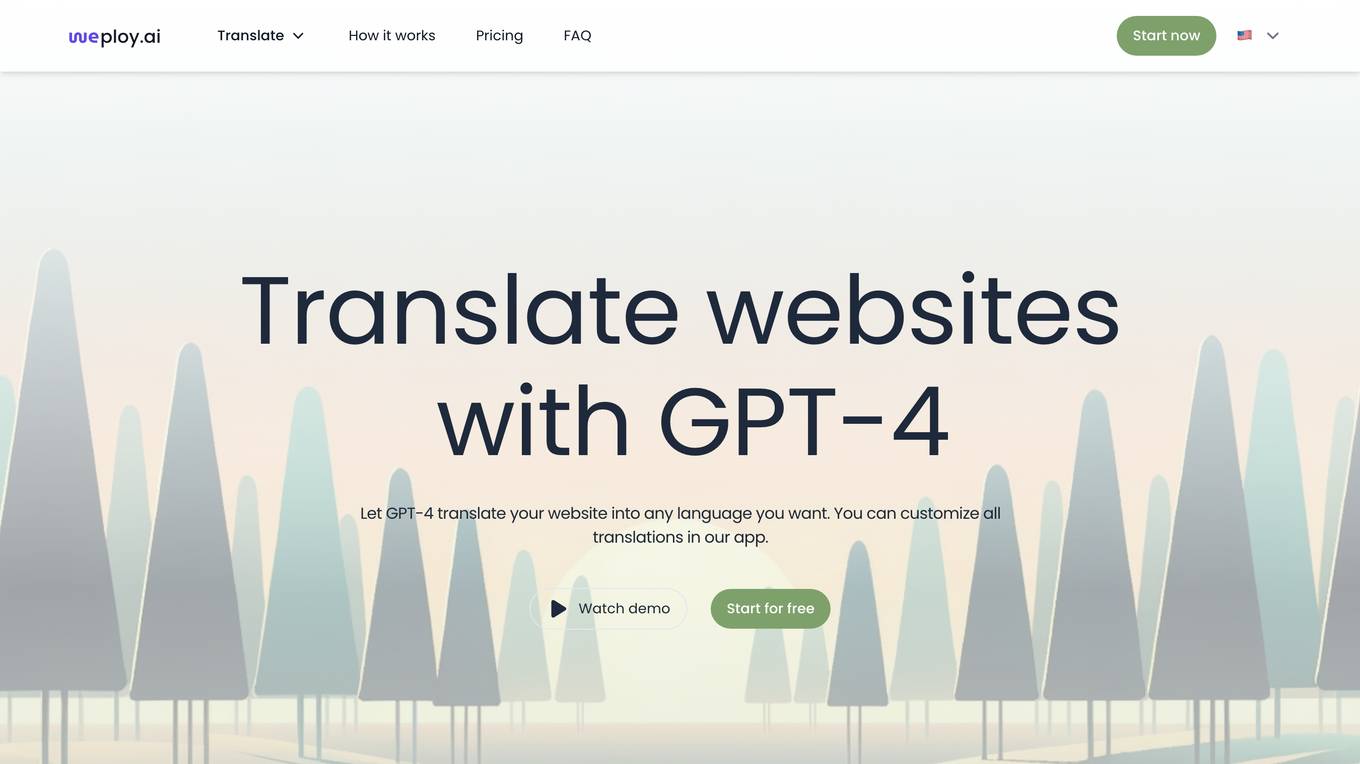
OpenResty
The website is currently displaying a '403 Forbidden' error message, which indicates that the server is refusing to respond to the request. This error is typically caused by insufficient permissions or misconfiguration on the server side. The 'openresty' mentioned in the message is a web platform based on NGINX and LuaJIT, often used for building high-performance web applications. It is important to troubleshoot and resolve the server-side issues to restore access to the website.

OpenResty
The website is currently displaying a '403 Forbidden' error, which means that access to the requested resource is denied. This error is typically caused by insufficient permissions or server misconfiguration. The 'openresty' mentioned in the text refers to a web platform based on NGINX and LuaJIT, commonly used for building high-performance web applications. The website may be experiencing technical issues that prevent users from accessing its content.

OpenResty
The website is currently displaying a '403 Forbidden' error message, which indicates that the server is refusing to respond to the request. This error is typically caused by insufficient permissions or misconfiguration on the server side. The 'openresty' mentioned in the message refers to a web platform based on NGINX and LuaJIT, commonly used for building high-performance web applications. The website may be experiencing technical issues that need to be resolved by the website administrator.
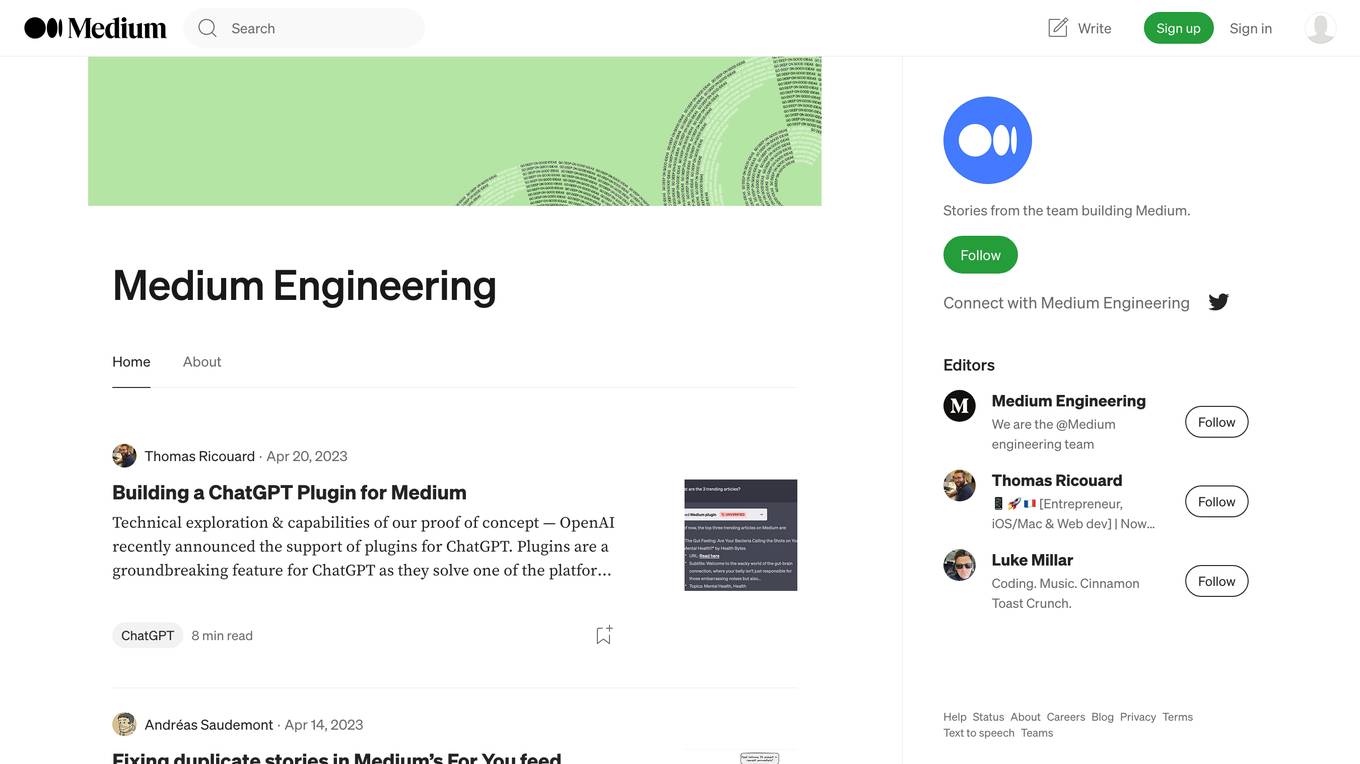
medium.engineering
medium.engineering is a website that focuses on verifying the security of user connections before allowing access to its content. It ensures that users are human by conducting a verification process that may take a few seconds. The site emphasizes the importance of enabling JavaScript and cookies for a seamless browsing experience. Powered by Cloudflare, medium.engineering prioritizes performance and security in delivering its services.
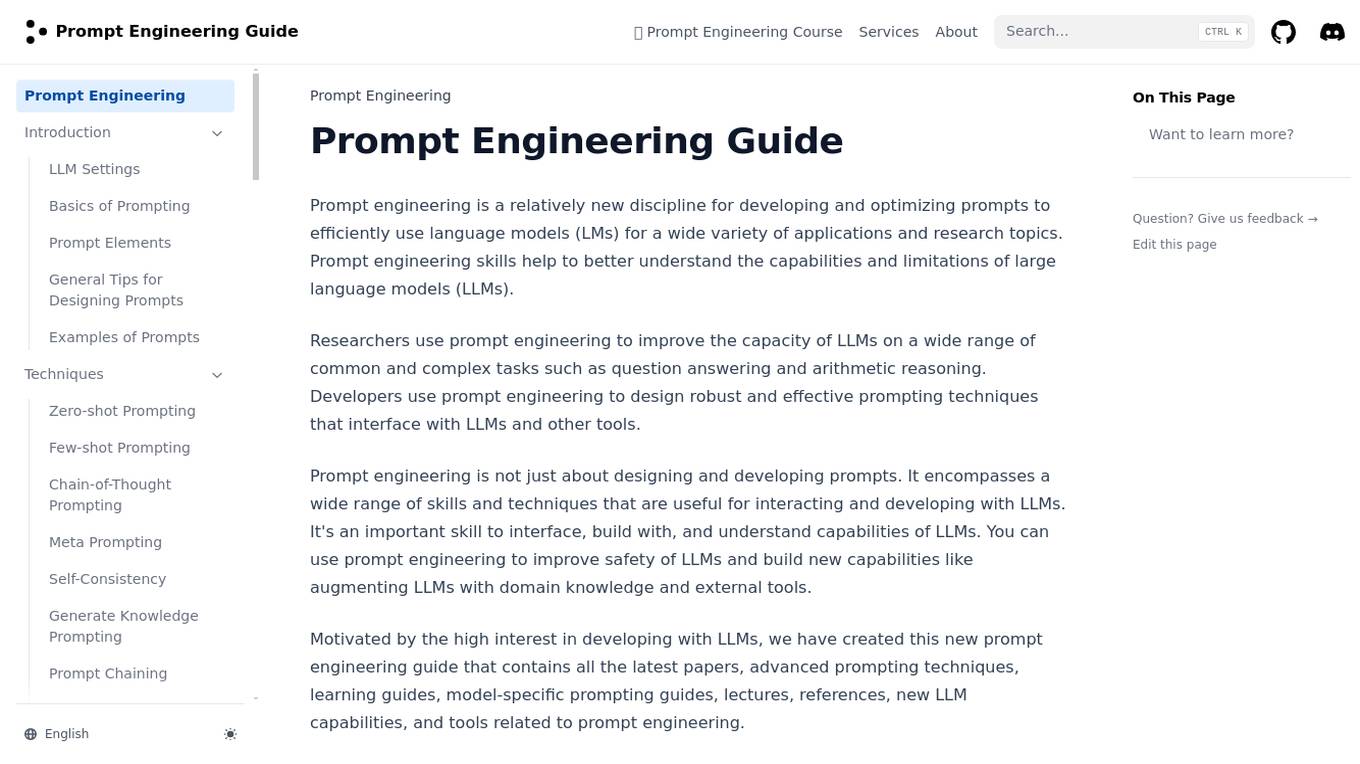
Prompt Engineering
Prompt Engineering is a discipline focused on developing and optimizing prompts to efficiently utilize language models (LMs) for various applications and research topics. It involves skills to understand the capabilities and limitations of large language models, improving their performance on tasks like question answering and arithmetic reasoning. Prompt engineering is essential for designing robust prompting techniques that interact with LLMs and other tools, enhancing safety and building new capabilities by augmenting LLMs with domain knowledge and external tools.

BugFree.ai
BugFree.ai is an AI-powered platform designed to help users practice system design and behavior interviews, similar to Leetcode. The platform offers a range of features to assist users in preparing for technical interviews, including mock interviews, real-time feedback, and personalized study plans. With BugFree.ai, users can improve their problem-solving skills and gain confidence in tackling complex interview questions.
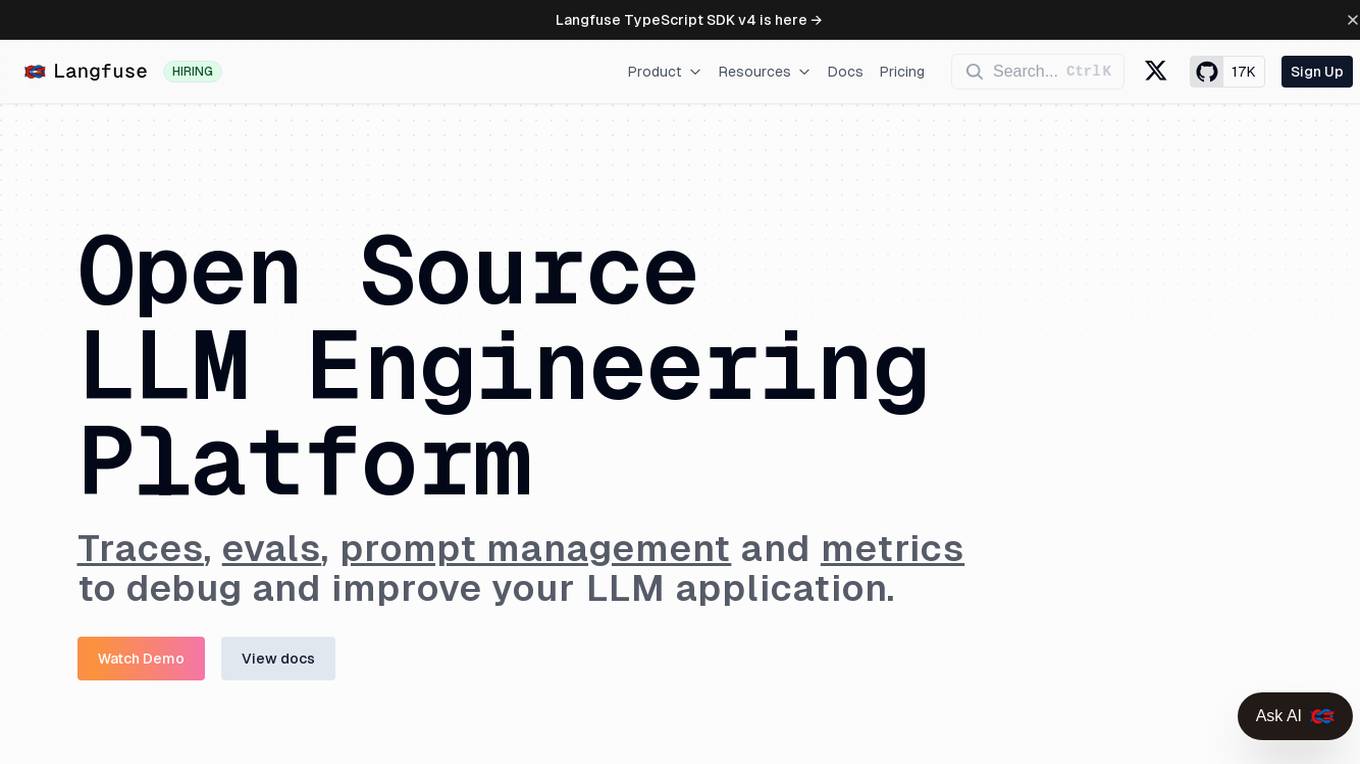
Langfuse
Langfuse is an AI tool that offers the Langfuse TypeScript SDK v4 for building and debugging LLM (Large Language Models) applications. It provides features such as tracing, prompt management, evaluation, and metrics to enhance the performance of LLM applications. Langfuse is backed by a team of experts and offers integrations with various platforms and SDKs. The tool aims to simplify the development process of complex LLM applications and improve overall efficiency.

OpenResty
The website is currently displaying a '403 Forbidden' error, which means that access to the requested resource is denied. This error is typically caused by insufficient permissions or misconfiguration on the server side. The 'openresty' message indicates that the server is using the OpenResty web platform. OpenResty is a web platform based on NGINX and LuaJIT, commonly used for building dynamic web applications. It provides a powerful and flexible environment for web development.
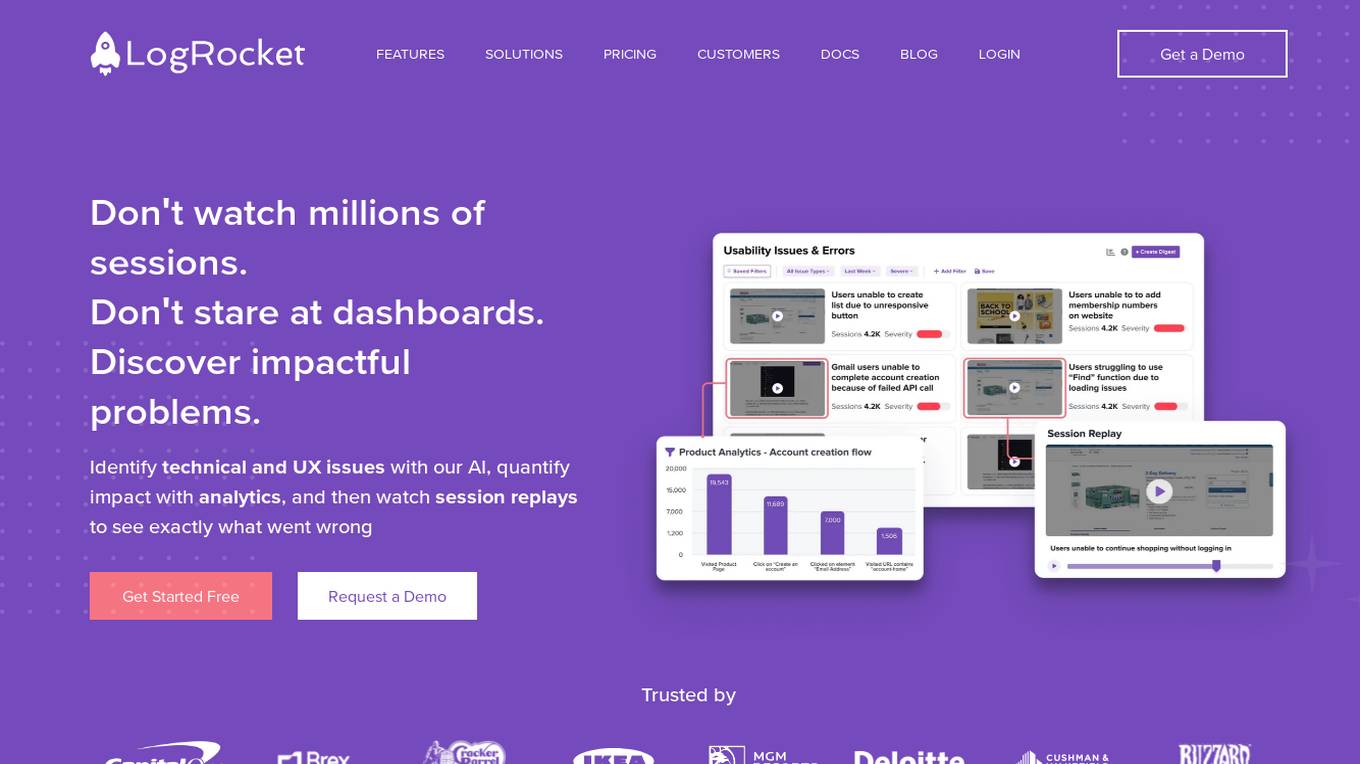
LogRocket
LogRocket is a session replay, product analytics, and issue detection platform that helps software teams deliver the best web and mobile experiences. With LogRocket, you can see exactly what users experienced on your app, as well as DOM playback, console and network logs, errors, and performance data. You can also surface the most impactful user issues with JavaScript errors, network errors, stack traces, automatic triaging, and alerting. LogRocket also provides product analytics to help you understand how users are interacting with your app, and UX analytics to help you visualize how users experience your app at both the individual and aggregate level.

Langtail
Langtail is a platform that helps developers build, test, and deploy AI-powered applications. It provides a suite of tools to help developers debug prompts, run tests, and monitor the performance of their AI models. Langtail also offers a community forum where developers can share tips and tricks, and get help from other users.
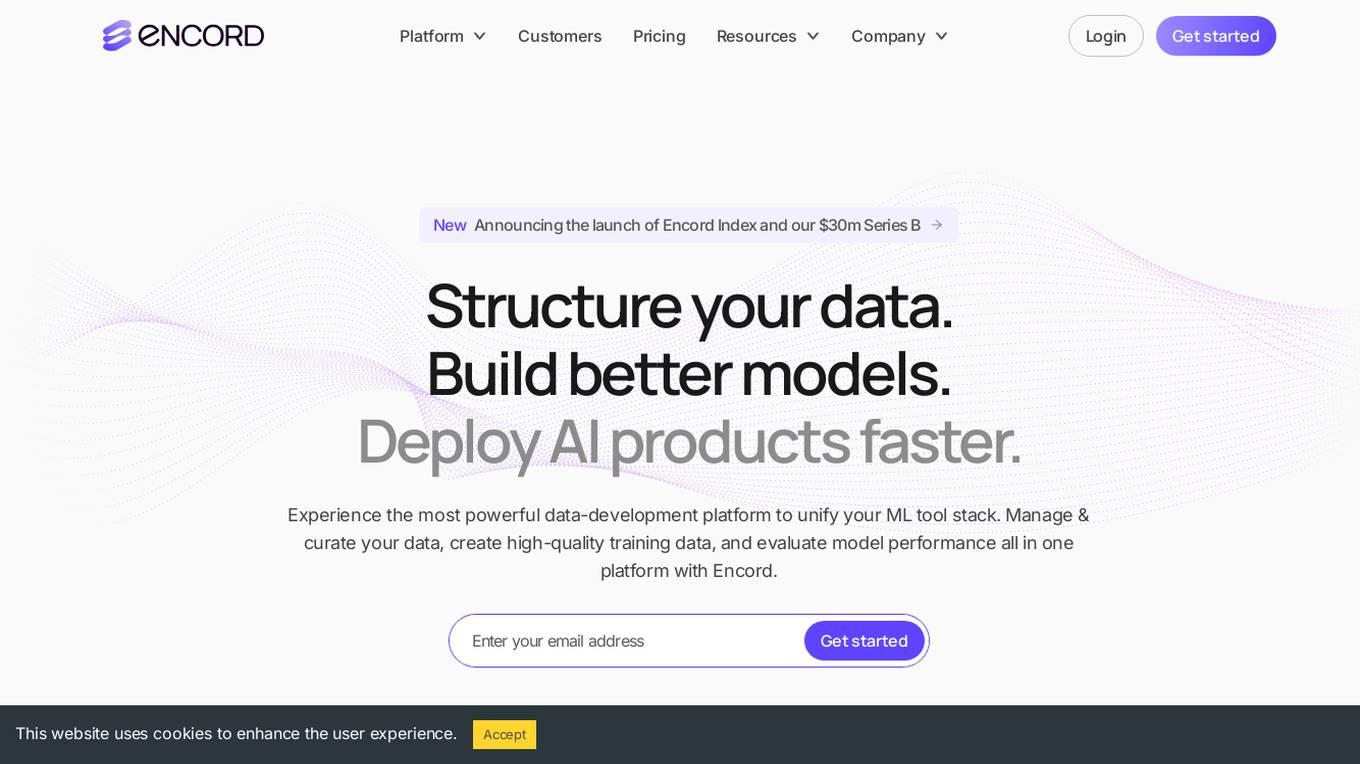
Encord
Encord is a leading data development platform designed for computer vision and multimodal AI teams. It offers a comprehensive suite of tools to manage, clean, and curate data, streamline labeling and workflow management, and evaluate AI model performance. With features like data indexing, annotation, and active model evaluation, Encord empowers users to accelerate their AI data workflows and build robust models efficiently.
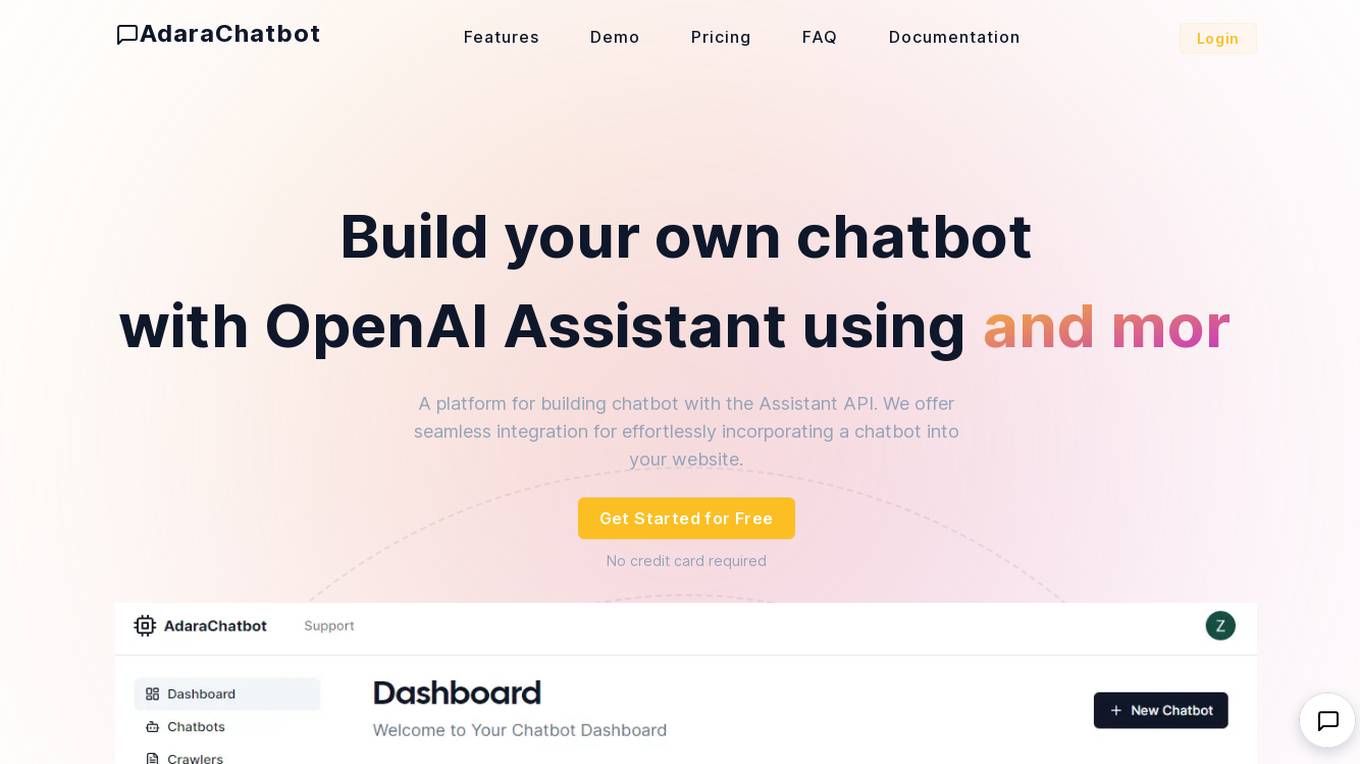
AdaraChatbot
AdaraChatbot is a platform that allows users to build their own chatbot using OpenAI Assistant API. It offers seamless integration for effortlessly incorporating a chatbot into websites. Users can test the chatbot assistant, ask questions, and receive responses powered by OpenAI Assistant API. AdaraChatbot provides features such as building chatbots with OpenAI's assistant, easy integration with websites, user inquiry with lead collection, real-time analytics, file attachments, and compatibility with popular website platforms. The application offers different pricing plans suitable for personal projects, organizations, and tailored solutions for large-scale operations.
1 - Open Source Tools
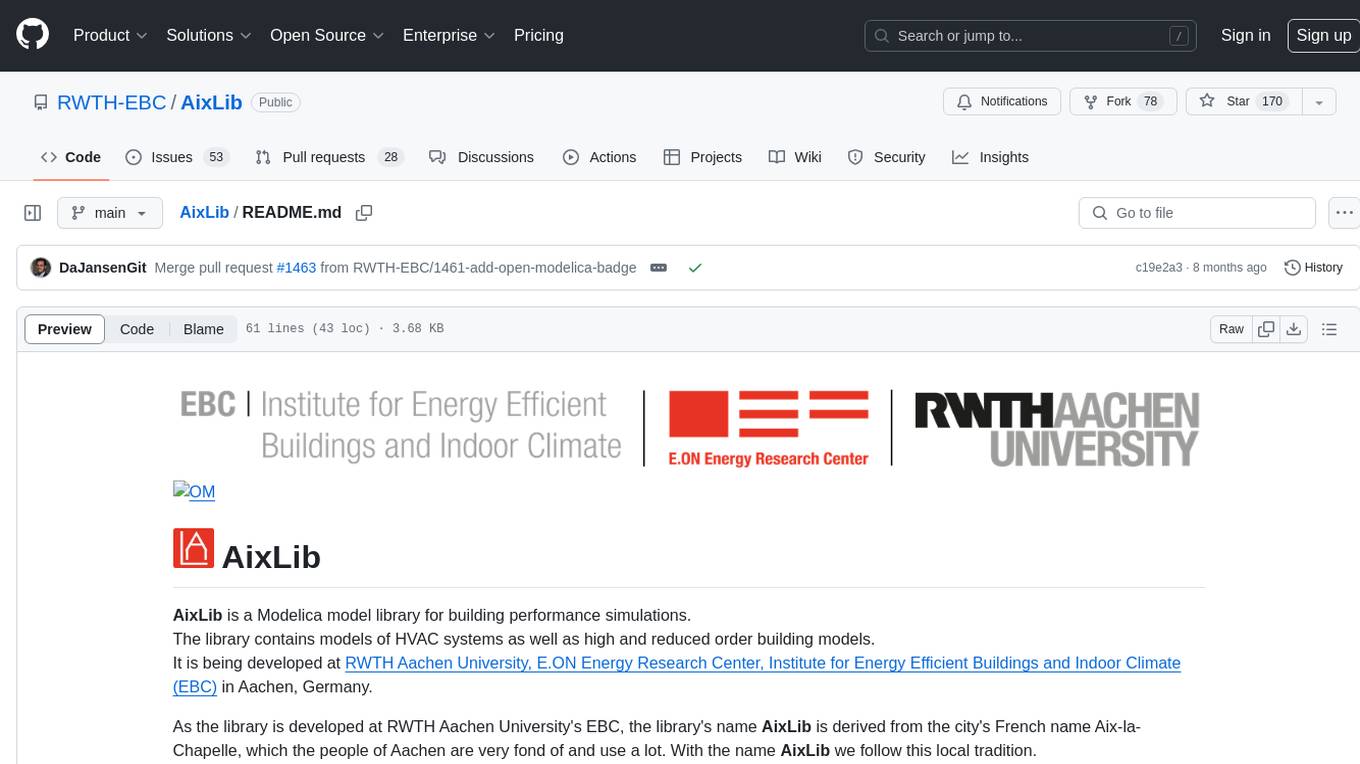
AixLib
AixLib is a Modelica model library for building performance simulations developed at RWTH Aachen University, E.ON Energy Research Center, Institute for Energy Efficient Buildings and Indoor Climate (EBC) in Aachen, Germany. It contains models of HVAC systems as well as high and reduced order building models. The name AixLib is derived from the city's French name Aix-la-Chapelle, following a local tradition. The library is continuously improved and offers citable papers for reference. Contributions to the development can be made via Issues section or Pull Requests, following the workflow described in the Wiki. AixLib is released under a 3-clause BSD-license with acknowledgements to public funded projects and financial support by BMWi (German Federal Ministry for Economic Affairs and Energy).
20 - OpenAI Gpts
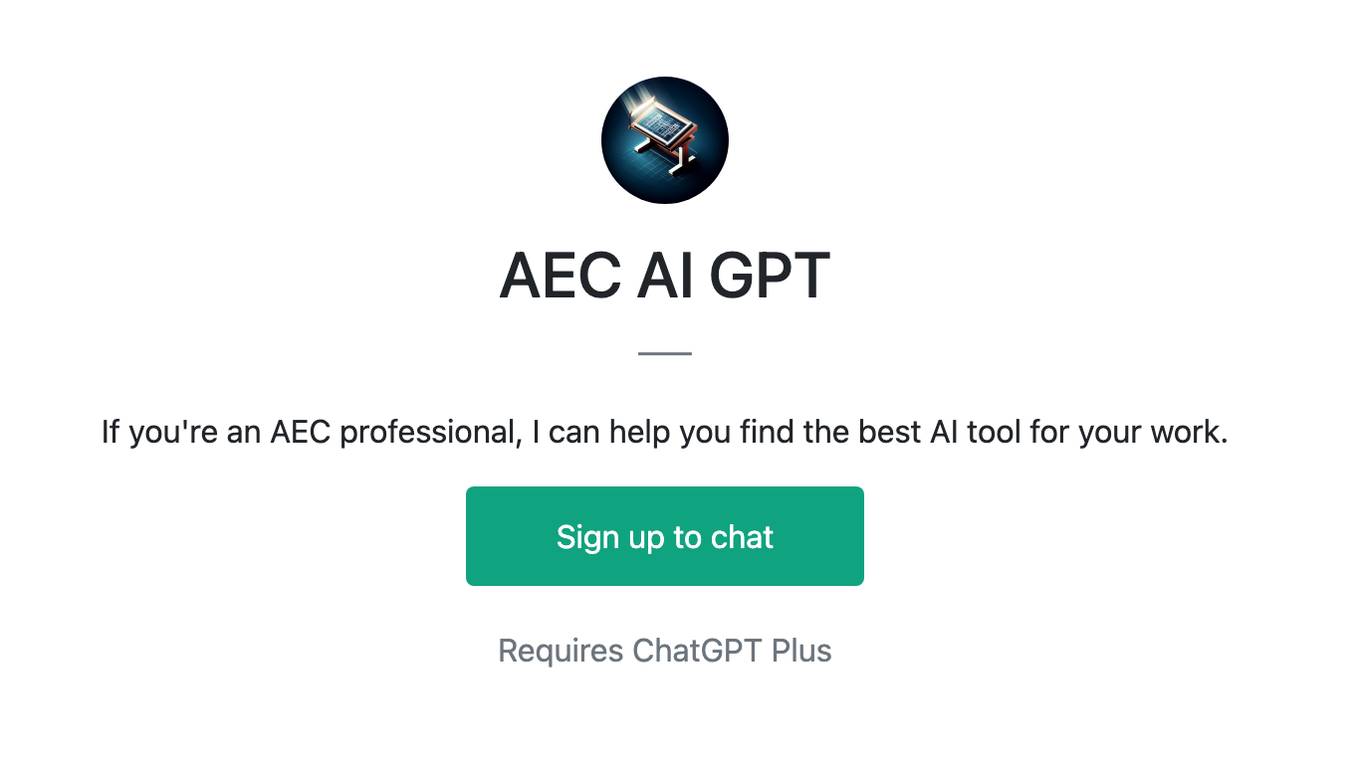
AEC AI GPT
If you're an AEC professional, I can help you find the best AI tool for your work.
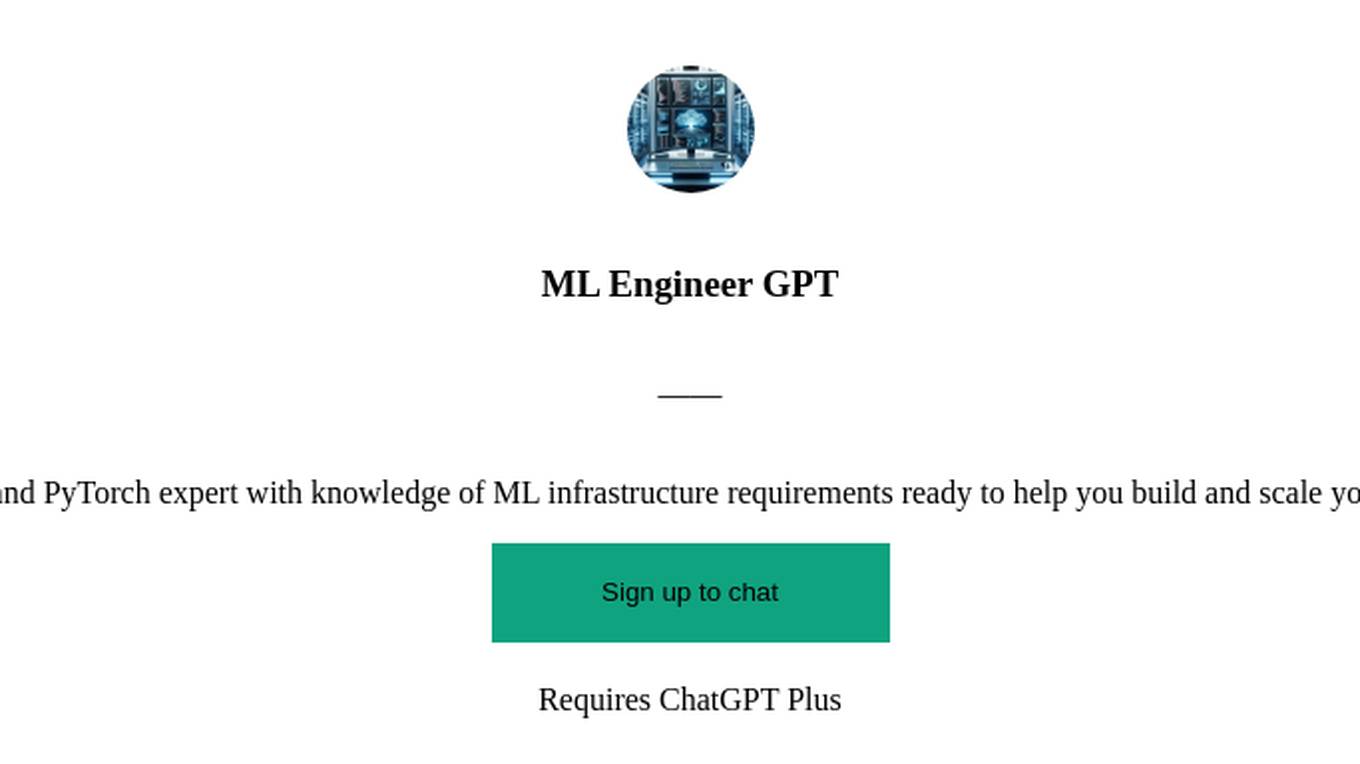
ML Engineer GPT
I'm a Python and PyTorch expert with knowledge of ML infrastructure requirements ready to help you build and scale your ML projects.

Webflow Wizard
Expert advisor for building Webflow websites, guiding users through processes and resolving issues.
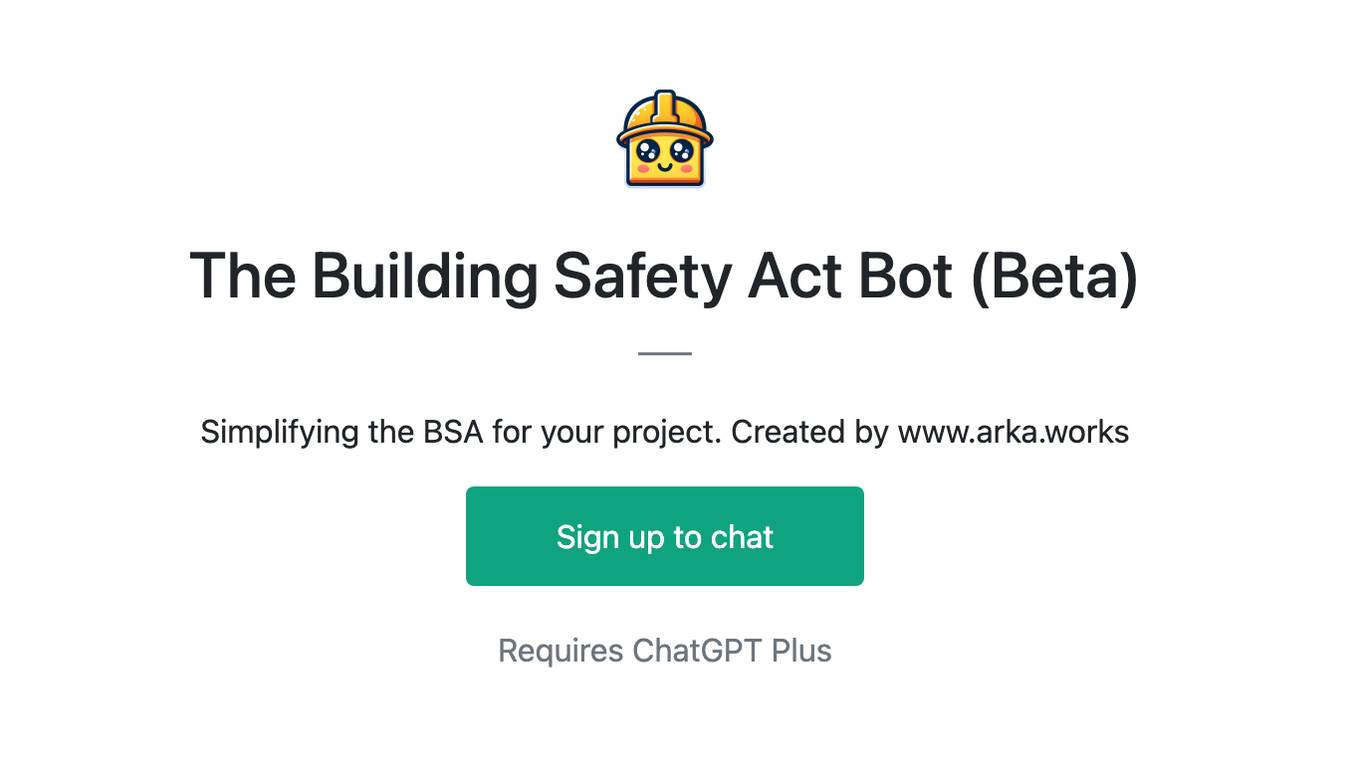
The Building Safety Act Bot (Beta)
Simplifying the BSA for your project. Created by www.arka.works

Australian Building Buddy
Building and Construction Information for Australia - no guarantee of this information, use at your own risk
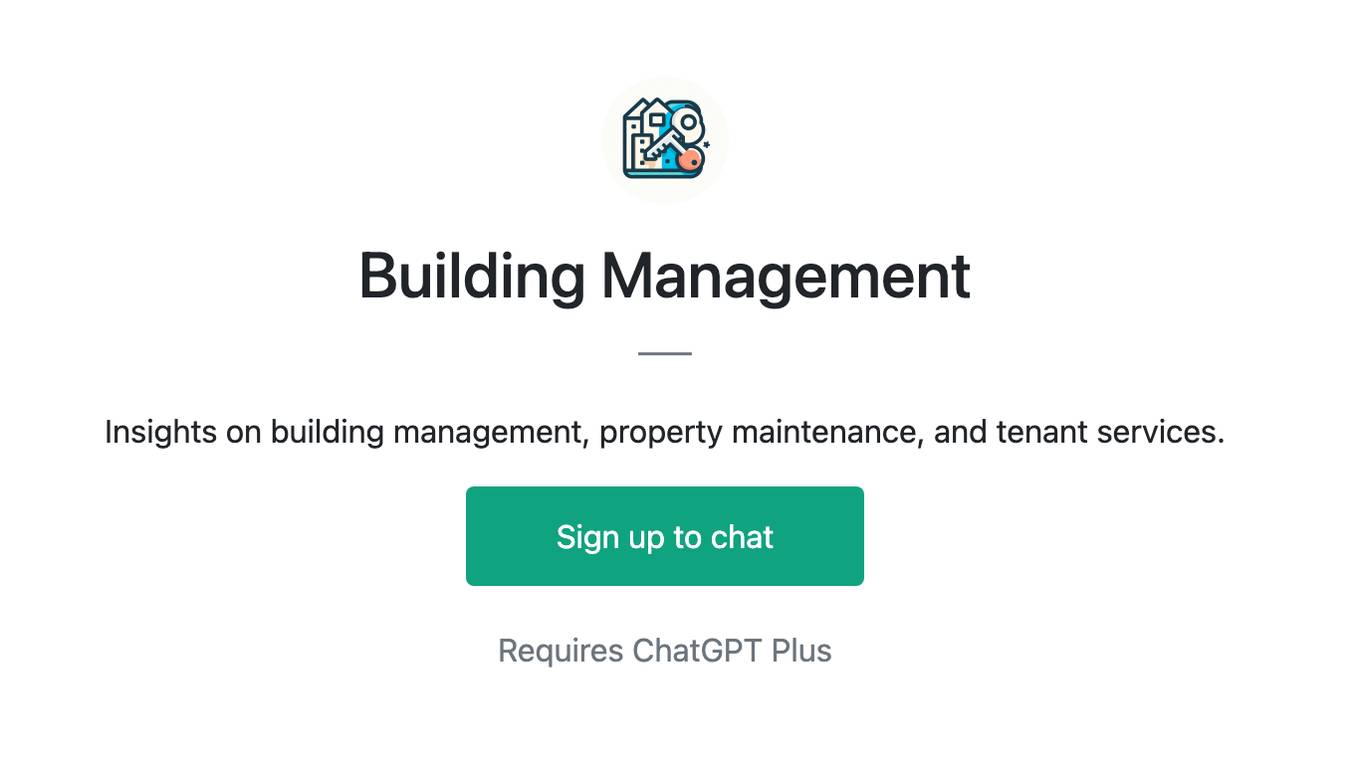
Building Management
Insights on building management, property maintenance, and tenant services.
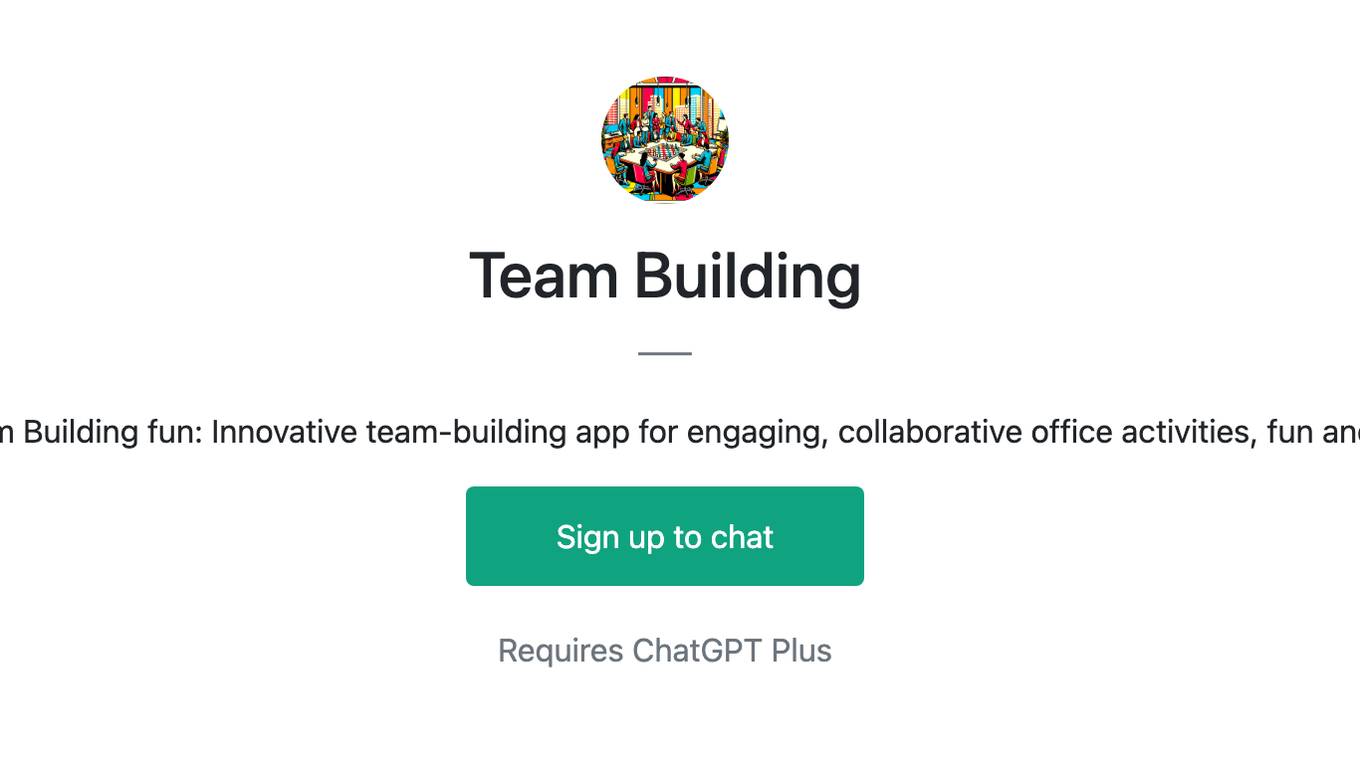
Team Building
Office Team Building fun: Innovative team-building app for engaging, collaborative office activities, fun and games.

Assembler, Metal Building Assistant
Hello I'm Assembler, Metal Building Assistant! What would you like help with today?

🔥Sir Richard Branson - Brand Building Connoisseur
VIRGINTHINK-AI, a visionary strategist and brand alchemist. Specializing in disruptive innovation, I assist in crafting bold entrepreneurial strategies, enhancing brand identity, and navigating high-risk opportunities with a charismatic touch.🎯💡✈️


